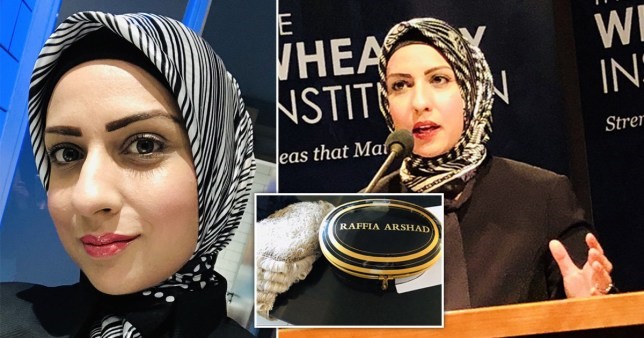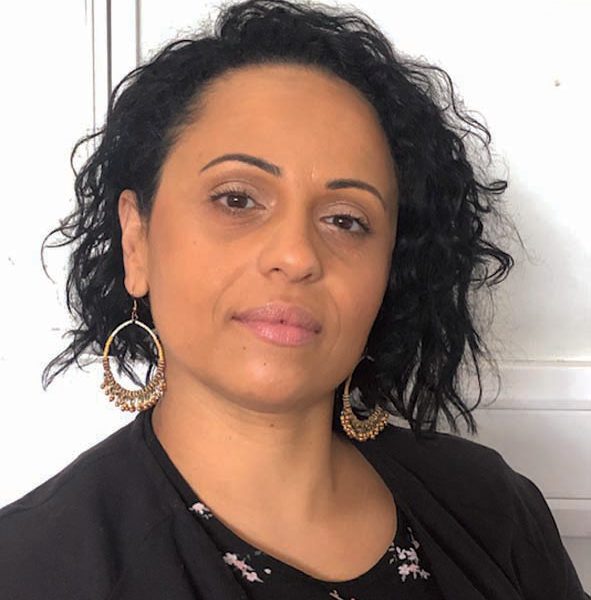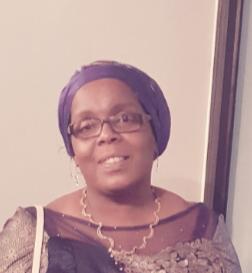Author: Camille London-Miyo
I live in the City of Leicester, one of the most diverse cities in the UK. In 2017, in the area that I live, a Muslim woman was deliberately rammed by a car twice as she returned home from dropping her children to school. We know that race and faith related abuse against black children reached a 3 year high in 2019. These are not isolated cases. Unfortunately, and far too often the positive experiences of black girls and black women are ignored, or (excuse the pun), ‘pale’ in comparison to the experiences of their white counterparts.
We know that in the media black women and girls are pilloried and disrespected any time that they challenge racism in society. Consider how BBC news presenter Naga Munchetty was treated for calling out the racist opinions Trump has repeatedly expressed. Think about the ways in which Diane Abbott MP is vilified in press, public opinion and by some within her own party.
As trade unionists, we should live by our common belief that an injustice to one is an injustice to all. All evidence proves without any doubt there were Africans in Britain long before the idea of ‘England’, or the ‘English’ came here. But you wouldn’t think so, if you look at the National Curriculum, and in particular the English Curriculum.
After many years of a right-wing focus on narrowing the curriculum that continues to only serve the interests of an academic elite, the time has come to disrupt this attack. Our education system claims to be fit for its purpose of preparing all students for future engagement in the 21st century world, at the time of writing, only one exam board has black writers as an option for closer study in GCSE English Literature.
We need to challenge the narrative that tells us that only a curriculum that is male dominated, heteronormative and Eurocentric is the only curriculum, and only resources that we should teach. It is time enough for this to stop. We must be the change we seek – in our actions, in our campaigning, and in our words. Through the direct advocacy and activism of Black educations, the NEU has over the last few years begun to engage with this discourse.
The union has circulated an anti-racist charter for schools to adopt. Information and resources celebrating black women are available to every school. In December 2019, union held its first ” Decolonising the Curriculum” conference, attended by hundreds of educators, activists and allies from all over the country. I led a workshop developing schemes of work for English teachers to better reflect the contribution of black writers and the black experience.
Black educators continue to be at the forefront of a movement that demands all educators ensure that our young women feel valued in a context that is becoming even more racialized, and where the concept of otherness scars the lives of hundreds of thousands who are made to feel that their lives don’t matter. We must embody the change we seek.
Black women and girls do matter.





